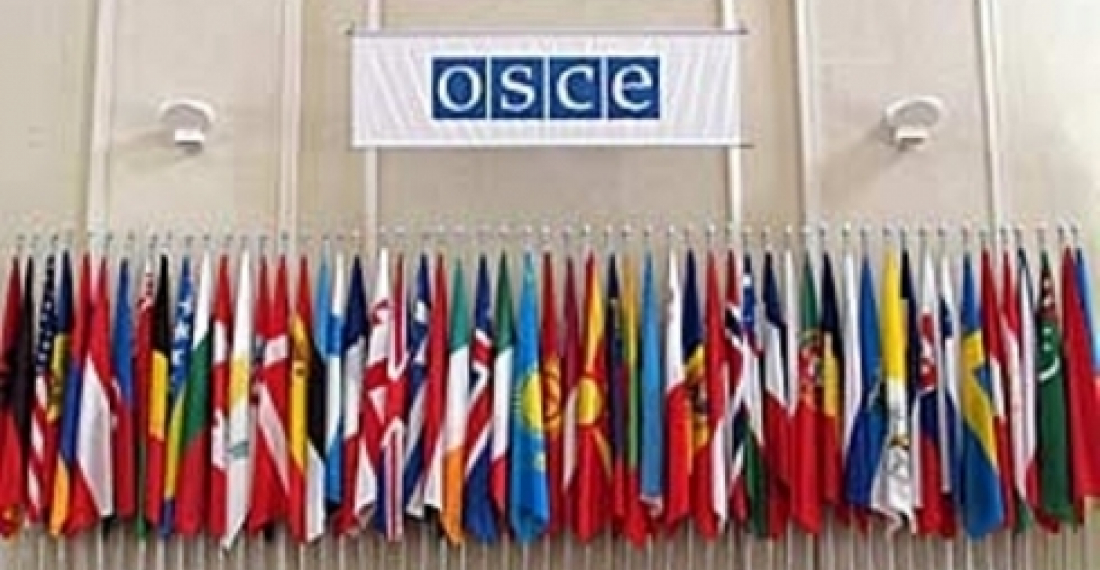Diplomats from France, Russia and the United States, representing the three co-Chair countries of the OSCE Minsk Process, that is mandated to facilitate a resolution of the Nagorno-Karabakh conflict, will travel to the region in the next days in an effort to re-start the peace negotiations between Armenia and Azerbaijan that have been stalled for a number of years.
The diplomats are trying to arrange a meeting between the two Presidents sometime before the end of the year. Such meetings were held regularly between 2008-11 but over the last couple of years negotiations stalled amid increasing dangers of resumed hostilities. Diplomatic sources say that a meeting between the two leaders may break the impasse, and efforts to hold such meeting before the end of the year continue. However there remain some obstacles to this, and it will only become clear if such a meeting is possible after this week's round of negotiations.
source: commonspace.eu







